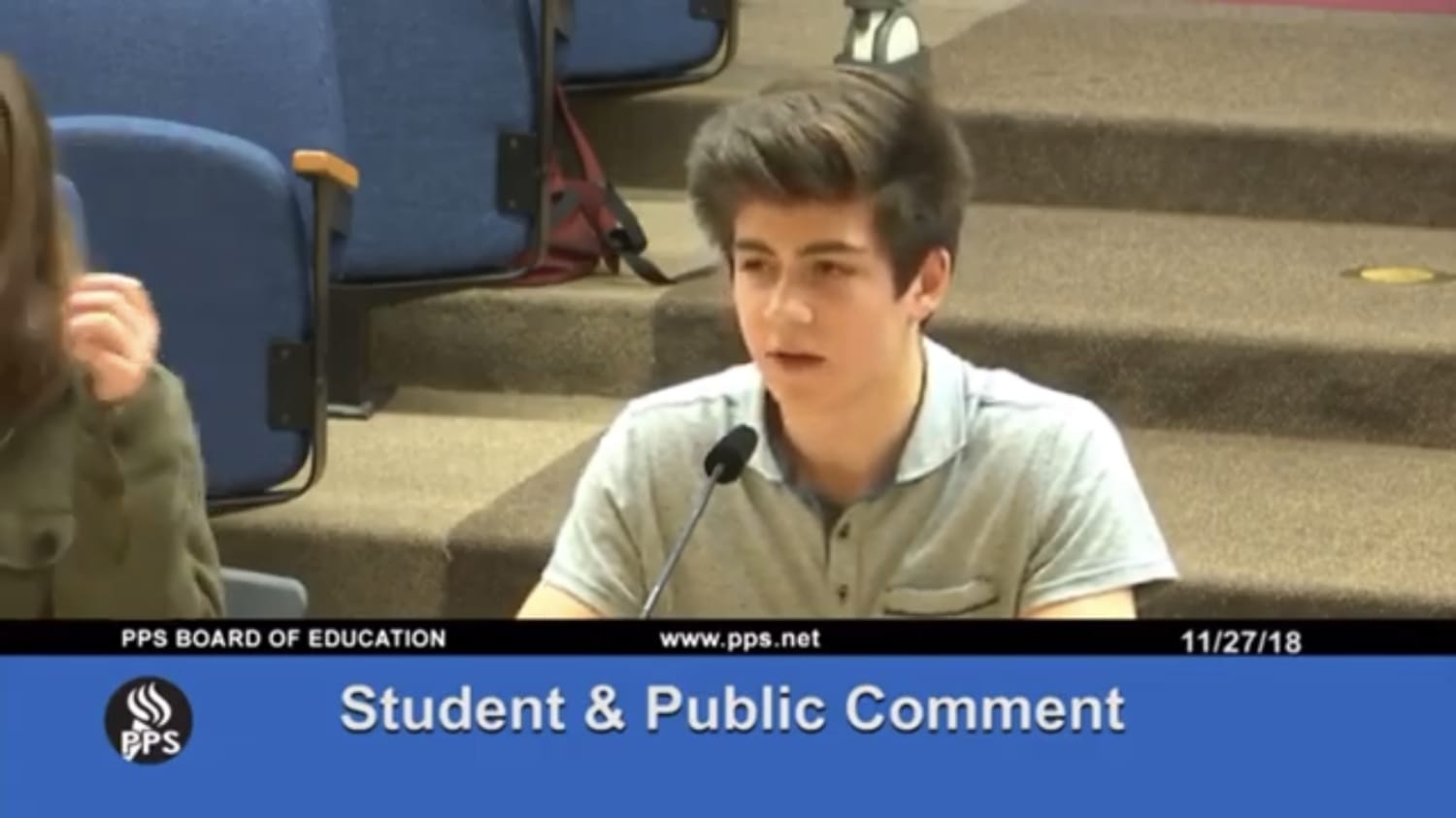Why climate advocacy?
When I was 9 years old a friend gave a presentation about climate change and I was the only one in the class who was astonished by what he was saying. I was motivated partly by fear, but also by how I can change this issue—it didn’t seem that all hope was lost. In the beginning, I focused on the smallest acts of change, which was to educate other youth. My friend and I made a blog about climate change and we started to educate other people my age and then it grew to educating adults.
What approach are you taking to create environmental improvements?
When I first started being active with political climate advocacy, I was 10. I worked on a statewide policy to put a cap on carbon emissions for the largest polluters in Oregon. Over the years, the policy I worked on has evolved, but I definitely believe that if we can change the way the largest polluters are affecting our environment then that is the most effective thing we can do. In Oregon, if you look at the top 10 companies that pollute the most, they have the same net carbon emissions as the other 75% of Oregon. When I was younger, I thought policies would be a quick thing, but it’s ended up being a seven-year fight…at this point, it has taken up almost half my life. It’s a slow process but because of the affect it has I love working in policy.
Why do you think the younger generation are so passionate about fighting societal issues?
I think the largest reason why the youth are more active on different social justice movements than any other generations—it’s because of hope. When you’re younger, you see a lot of problems optimistically. Personally, when I see problems like climate change or huge issues that seem like one person can never change it, I still have that part inside of me that is really optimistic and feels like this problem can be solved.
Another reason why the youth are stepping up on a variety of social justice issues is due to education. If you have a generation who are on social media, they’re seeing news coverage a lot more and then they’re immediately being more educated than other people on average.
A lot of youth activist movements seem to show power in numbers. Do you agree?
I have a firsthand story. When I first worked on climate policy it was me and two other youths. Fast forward six years, and we have records broken for the largest number of youths coming out for an environmental issue—the largest lobby day on record. Every record there was for youth working on policy, we have broken.
The news started interviewing people my age and everyone started talking about it from our perspective. The number of youths that turned up drastically affected the fate of this bill and the fate of climate legislation in Oregon. I 100% believe we wouldn’t be where we are today on any issue, whether it be the racial justice movement or the climate justice movement or other forms of social justice, if there were no youth that have stepped up to work on these issues.




